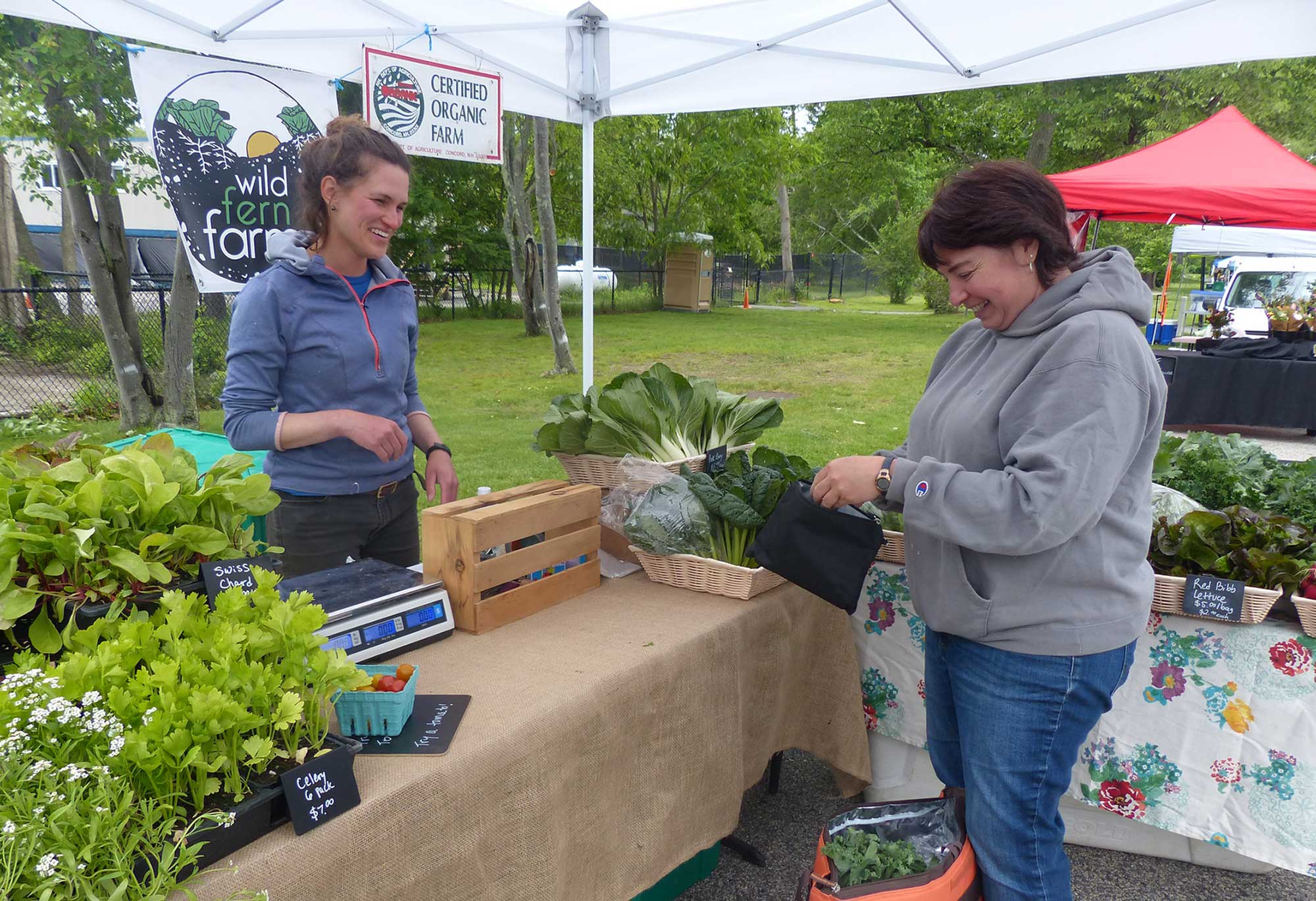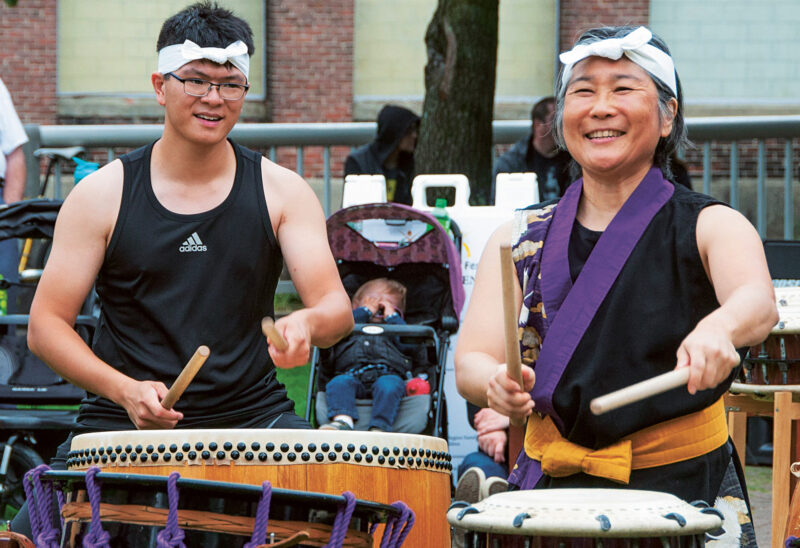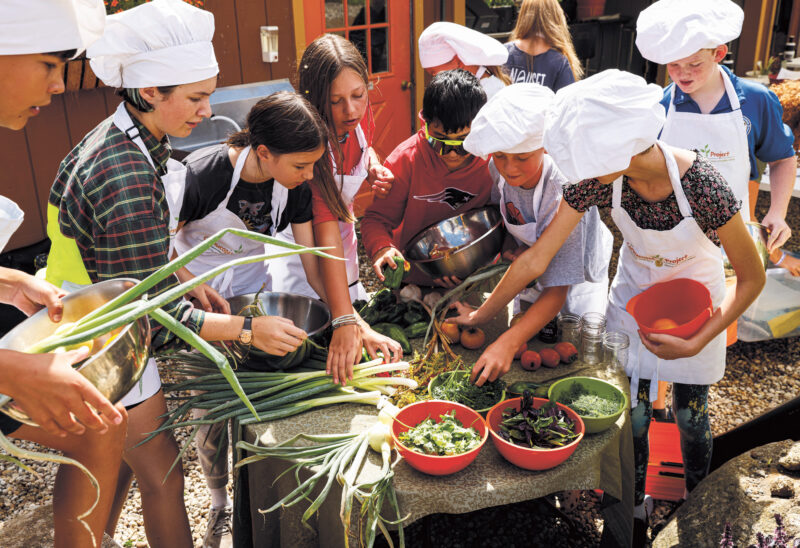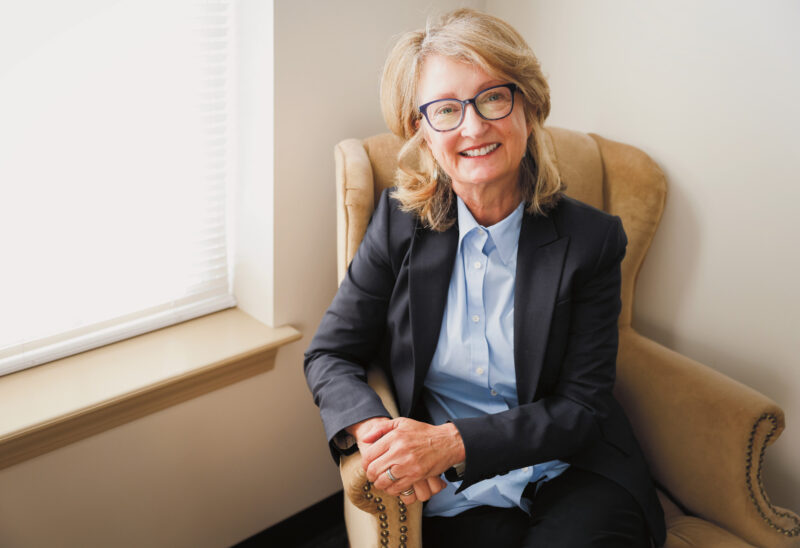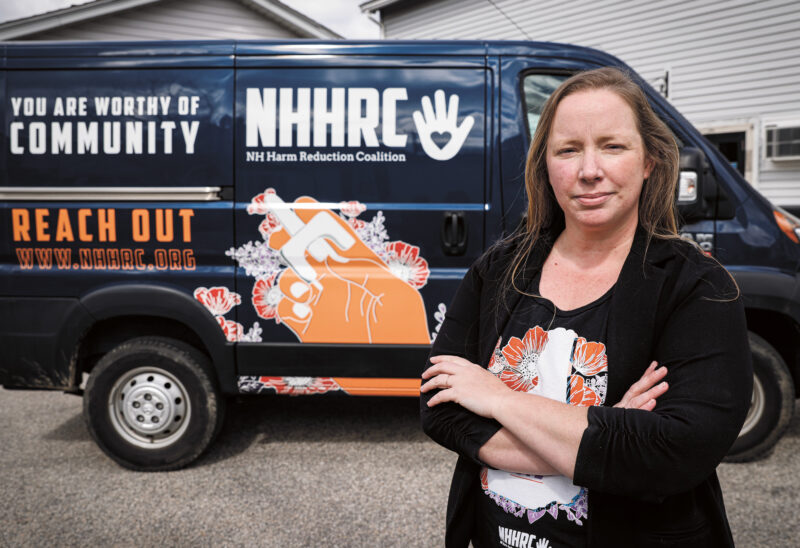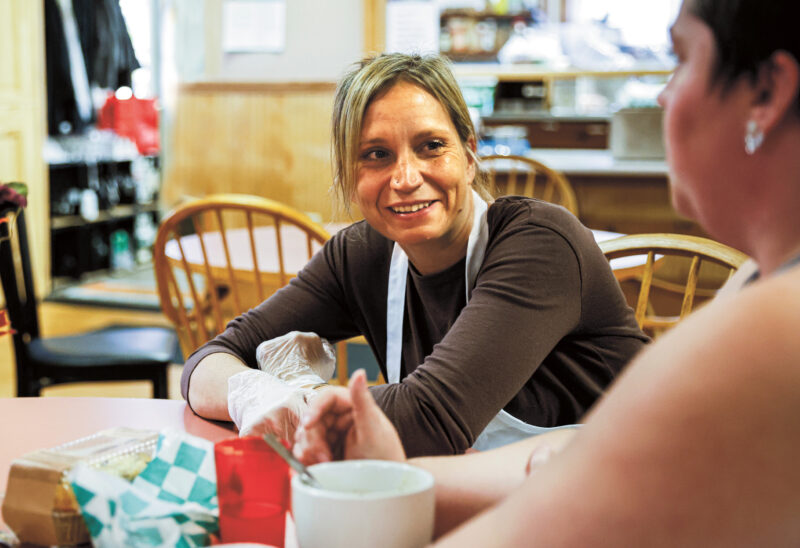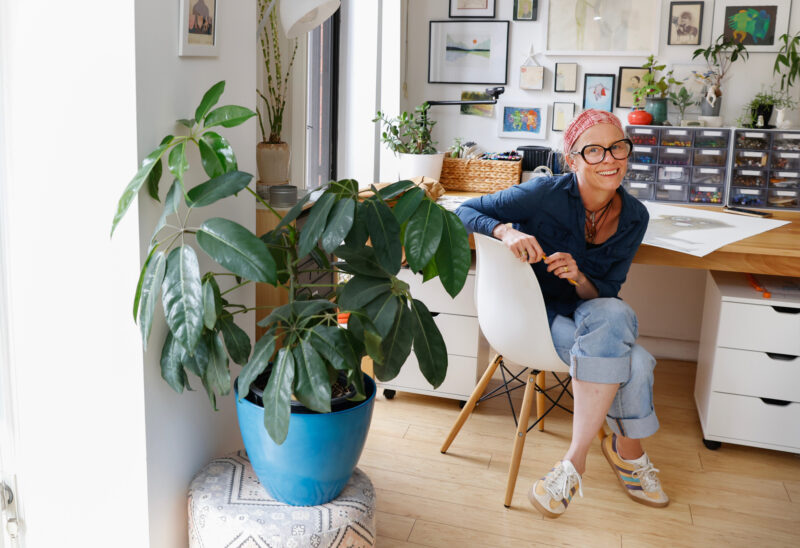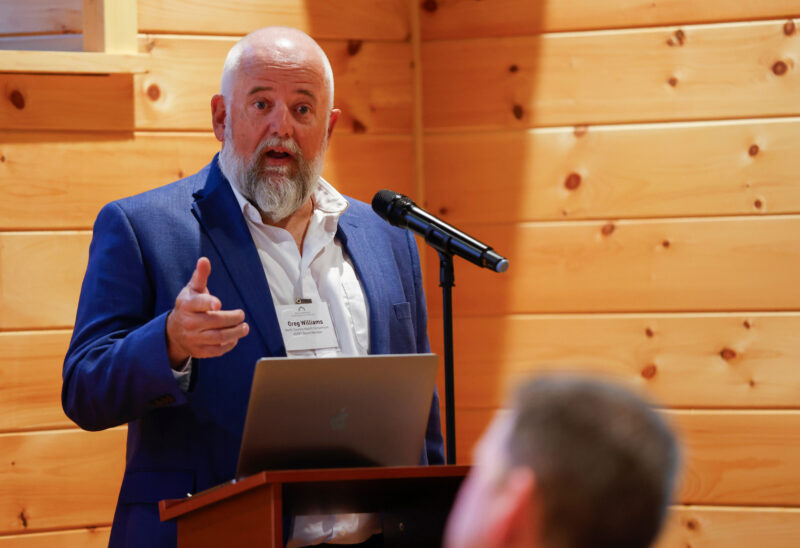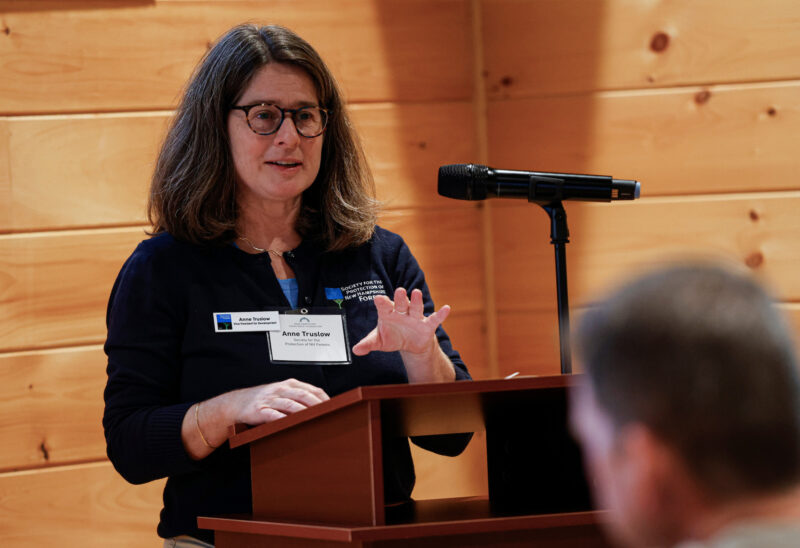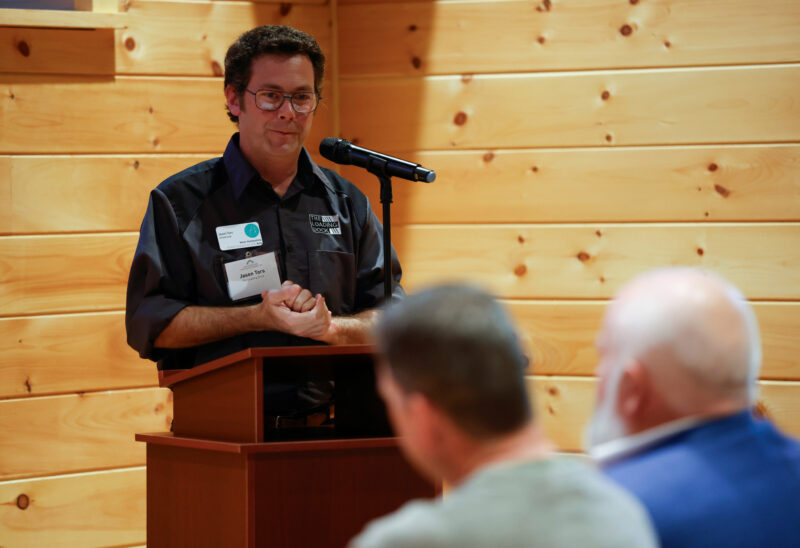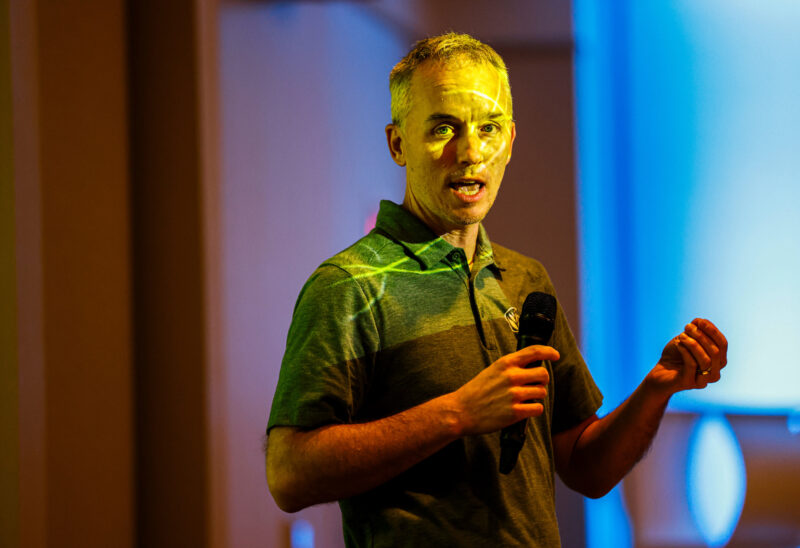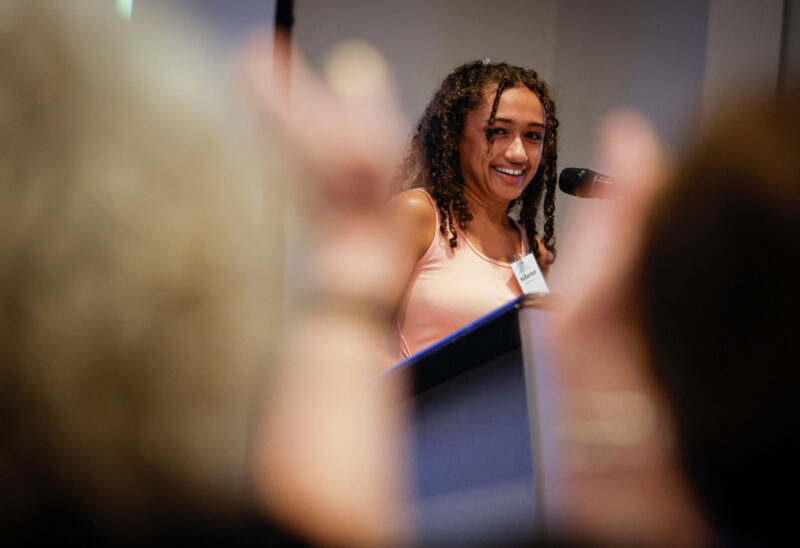Farmers’ markets are an important revenue stream for local growers, a beloved feature of life in New Hampshire — and are also complicated and time-consuming to run.
For four decades, an association of farmers in the Seacoast area — already operating small, labor-intensive businesses on narrow margins — had been shouldering the burden of coordinating four busy summer markets in Durham, Exeter, Portsmouth and Dover. The association decided to turn over the operations of the markets to Seacoast Eat Local, a nonprofit organization dedicated to cultivating a thriving food economy by connecting local producers and consumers.
Which was not as simple as it sounds.
Shawn Menard of Seacoast Eat Local realized the organization really needed to consult an attorney to make sure the transition of operations happened correctly — with all the T’s crossed and I’s dotted. He also realized that consultation could be an expensive proposition.
Fortunately, another nonprofit, Conservation Law Foundation, has launched the Legal Food Hub for New Hampshire. The Legal Food Hub helps farmers and food entrepreneurs get the legal help they need by matching them with attorneys working pro bono.
The Hub connects smaller-scale farmers, food businesses, and food-related organizations with pro bono legal services to help start, grow, and operate their businesses.
“The ultimate goal is to keep the New England food system sustainable by connecting food producers and farmers to legal expertise,” said Mary Egan, senior program coordinator at Conservation Law Foundation (CLF).
CLF now operates the Legal Food Hub in all six New England states. The Hub first launched in Massachusetts in 2014. A grant from the Charitable Foundation is helping to support the Hub’s expansion into New Hampshire.
More than 100 attorneys from almost 20 New Hampshire firms have agreed to help farmers and food entrepreneurs pro bono through the Hub.
Attorneys have helped New Hampshire farmers with land-lease agreements and with creation of LLCs. They have advised on the legal steps needed to transfer a farm to the next generation, on creation of non-profits to operate farmers’ markets — and more.
Farmers and food producers can apply to be matched with a pro-bono attorney by filling out a simple intake form on the Legal Food Hub website. CLF also offers an extensive online resource library for farmers and food producers to use for additional guidance on everything from contracts to permits, licenses, and regulations to insurance and liability.
“We want to see New England’s food system thrive,” said Scott Sanderson, manager of CLF’s Farm and Food Initiative. “We want to see farmers and food businesses succeeding. We knew that farmers were using legal services at a much lower rate of other businesses of comparable size.”
Complexities like employment law, establishment of corporations, leases and other contracts, Sanderson said, “can be really big barriers to these businesses succeeding and helping to provide more New Englanders with healthy, local and affordable food.”
In the case of Seacoast Eat Local, Menard said the organization is now confident that it set up systems appropriately for the running of the summer markets.
The burden of running those markets is off the farmers — and they still have four robust local markets to sell their produce. And families can continue to count on those markets for fresh, local food.
“There is a lot of thinking to do behind the scenes,” Menard said, “Speaking with a lawyer gave us a lot of reassurance and opened up some questions that we hadn’t even thought of, but that we could then deal with up front.”
Without the help, he said, “we probably would have felt a lot less confident with the whole transition. We needed all the concentration we could have to make the season happen. It made things feel a lot more safe.”
Menard encourages others to make use of the free service.
“What they should know about is that it’s genuine. It’s a real service. Sometimes you think ‘it’s too good to be true,’ but this is definitely not one of those things. At the end of the day, it is trying to make the food system better. Sometimes you have to acknowledge that you are not an expert at everything, and so take all the help you can get. We took the plunge, and I am glad we did.”

